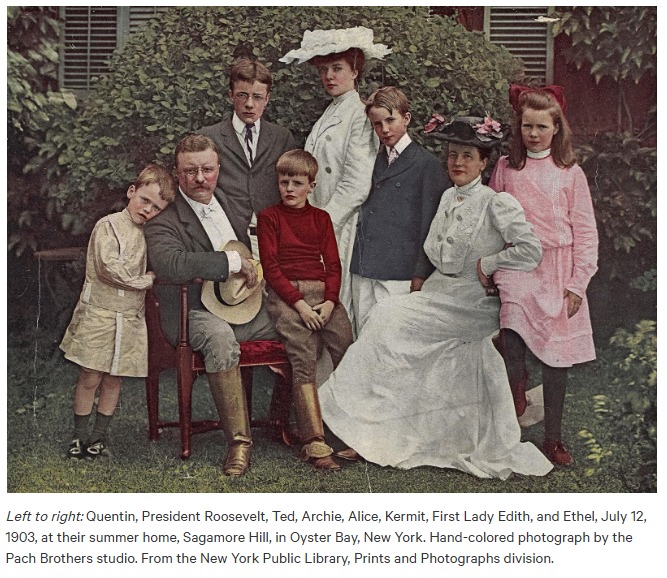As we take a moment to reflect upon the legacy of great leaders this past President’s Weekend, it’s a perfect opportunity to consider the profound power of communication in leadership.
Whether steering a household or a nation, the true essence of leadership begins with how we connect through words. Effective communication has the ability to inspire, unite, and drive meaningful change. The best leaders know that their words can create a shared vision, motivate others to take action, and foster a sense of community and purpose.
There’s a timeless truth in the saying, “Death and life are in the power of the tongue.” Words have an immense impact — they can either heal or harm, build up or tear down. That’s why, at the Conscious Parenting Revolution, we place a profound emphasis on the Art of Compassionate Communication. When we, as compassionate parents, approach conversations with nurturing communication, we create space for deeper connection, healing, and mutual respect within our families.
At the core of our conscious parenting philosophy is the practice of compassionate communication, which empowers both parents and children to listen with love and speak from the heart. The goal isn’t just to communicate effectively, but to transform relationships — especially during the most challenging moments.
Here are a few ways to integrate conscious parenting revolution language into your daily interactions for more effective and nurturing communication:
Situation: You’re caught in an argument or a tense circumstance.
💬 CPR Language: Instead of “You always” or “You never,” say “It seems/feels.”
When tensions rise, take a step back. Rather than saying, “You never clean your room,” try, “It seems like you’re having a hard time keeping your room tidy.” Shifting away from absolutes like “never” and “always” encourages open dialogue and helps uncover the real issue at hand.
Situation: Your child accomplishes something special.
💬 CPR Language: Instead of, “You’re so smart,” say, “Congratulations! I admire how hard you worked on that!”
As compassionate parents, we focus on nurturing communication that fosters self-awareness and intrinsic motivation. Rather than praising intelligence or appearance, celebrate their effort. Statements like, “Congratulations! I admire how hard you worked on that!” reinforce a strong sense of self-worth rooted in perseverance.
Situation: Your child exhibits bad behavior.
💬 CPR Language: Instead of, “As punishment you’ll…,” say, “Can you tell me what made you act/react in this way?”
Behavior is communication. Before rushing to punishment, pause and ask, “Can you tell me what made you act this way?” This approach helps uncover underlying emotions and unmet needs, transforming discipline into an opportunity for understanding and connection.

Situation: Describing your child’s actions.
💬 CPR Language: Instead of, “You’re a mess,” say, “You made a mess.”
The way we frame our words impacts how our children see themselves. Instead of labeling them, describe the behavior: “You made a mess” focuses on the action rather than their identity, supporting their self-confidence and self-love.
Situation: You lost your temper/made a mistake.
💬 CPR Language: “I’m sorry.”
One of the most powerful lessons we can teach our children is that making mistakes is human — and so is taking responsibility. Saying “I’m sorry” doesn’t diminish our authority; rather, it models accountability, empathy, and repair.
Words shape our children’s inner voices. Through compassionate communication, we have the opportunity to model kindness, respect, and understanding in every interaction. So I leave you with this thought: How do you practice compassionate communication in your parenting journey?
Love and Blessings,
Katherine Sellery





